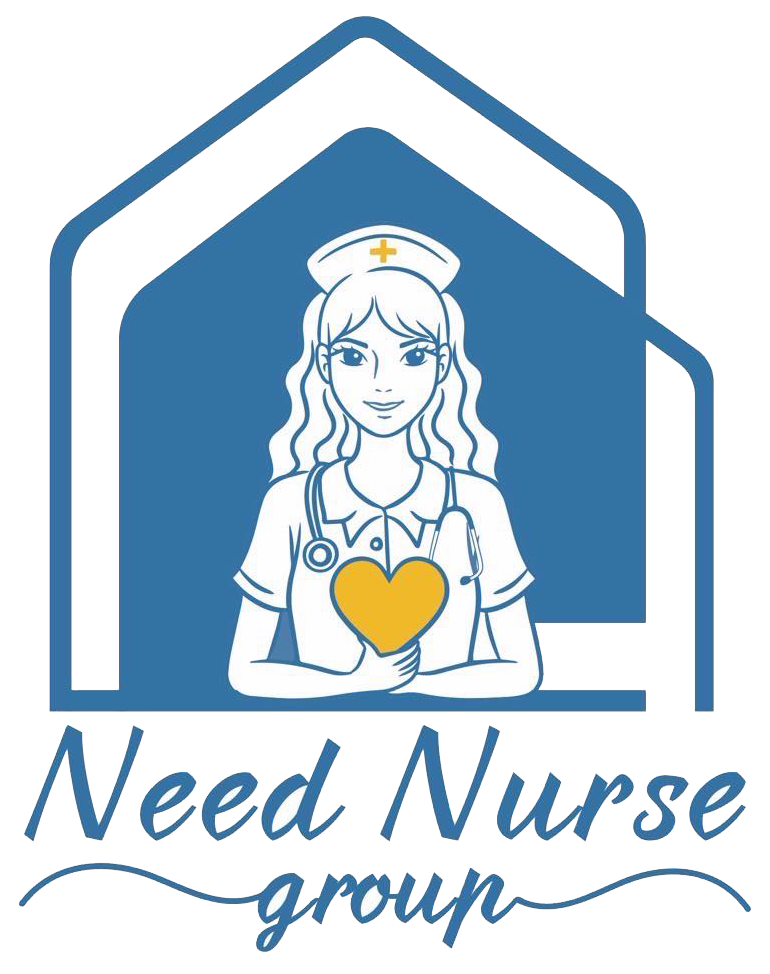How to Care for the Elderly for a Better Quality of Life: Professional Care Tips

Caring for the elderly is a significant responsibility that requires careful attention, especially as the aging population continues to grow. Proper and effective care can help the elderly maintain a good quality of life and enjoy their daily routines. This article provides comprehensive guidance on caring for the elderly, including essential tips to ensure the best possible care.
The Importance of Providing Quality Care for the Elderly
Caring for the elderly involves more than just providing food and shelter; it also includes attending to their physical and mental health. Caregivers must possess knowledge, understanding, and patience in addressing the complex needs of the elderly. Proper care can help the elderly feel secure and content in their daily lives.
The Benefits of Proper Elderly Care
Proper and effective elderly care not only enhances the physical health of the elderly but also boosts their confidence and reduces stress from illnesses or physical decline. Adequate care helps prevent accidents at home, such as falls, which are a common cause of injury among the elderly.
Ways to Care for the Elderly
Elderly care should encompass various aspects, including physical health, mental well-being, and social connections. Here are essential ways to care for the elderly that you can incorporate into your routine:
Caring for Physical Health
Caring for the physical health of the elderly is fundamental. Preventing and managing chronic conditions such as diabetes, hypertension, and heart disease is crucial. Regular health check-ups and proper medication management, as per the doctor’s advice, should not be overlooked.
Managing Nutrition
Proper nutrition plays a vital role in maintaining the health of the elderly. It is important to provide a balanced diet that includes all five food groups, emphasizing easy-to-digest foods high in fiber, such as vegetables, fruits, and whole grains. Reducing the intake of salt, fat, and sugar can lower the risk of chronic diseases.
Exercise
Regular exercise helps strengthen muscles and bones, reduces the risk of falls, and keeps the elderly feeling energetic. Choose activities that suit their physical condition, such as walking, water exercises, or yoga.
Caring for Mental and Emotional Well-being
Mental health is another crucial factor affecting the quality of life of the elderly. Caring for their mental and emotional well-being helps them feel valued and motivated to live their lives fully.
Creating a Positive Environment
A positive and warm environment significantly impacts the elderly’s mental health. Create a calm and safe atmosphere at home, such as by ensuring adequate lighting, reducing noise, and organizing the space neatly to prevent accidents.
Social Support
Social support from family and friends is essential. The elderly should have opportunities to engage in conversations with loved ones and participate in activities together, such as community events or joining groups with similar interests. This helps strengthen relationships and reduces feelings of loneliness.
Managing Time and Daily Routines
Efficient time management helps the elderly maintain structure in their daily lives, providing a sense of purpose and reducing confusion. Establish a regular routine for daily activities such as meals, rest, and exercises to help the elderly feel more organized.
Encouraging Independence in Daily Activities
Encouraging the elderly to perform daily activities independently boosts their confidence and self-worth. Activities such as dressing or preparing small meals on their own can significantly enhance their sense of accomplishment.
Caring for Elderly with Dementia
Caring for the elderly with dementia or Alzheimer’s requires special patience and understanding. Creating a safe environment, communicating clearly and gently, and maintaining a consistent routine can help reduce confusion and anxiety.
Preparing Caregivers
Being a caregiver for the elderly is not an easy task. Caregivers must prepare both physically and mentally. It is important to seek additional knowledge about elderly care from reliable sources and engage in activities that help reduce personal stress. Sharing caregiving responsibilities with other family members can also alleviate the burden and enhance the overall effectiveness of the care.
Conclusion
Effective and comprehensive care for the elderly, encompassing physical health, mental well-being, and social support, is vital for promoting a good quality of life for the elderly. Caregivers should be attentive and patient, ensuring that the elderly can live happily and confidently. Proper support and care allow the elderly to feel loved and valued by their family and caregivers.





